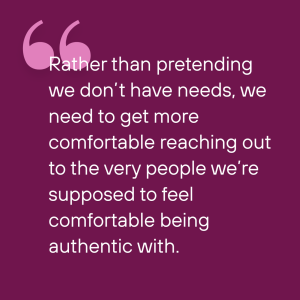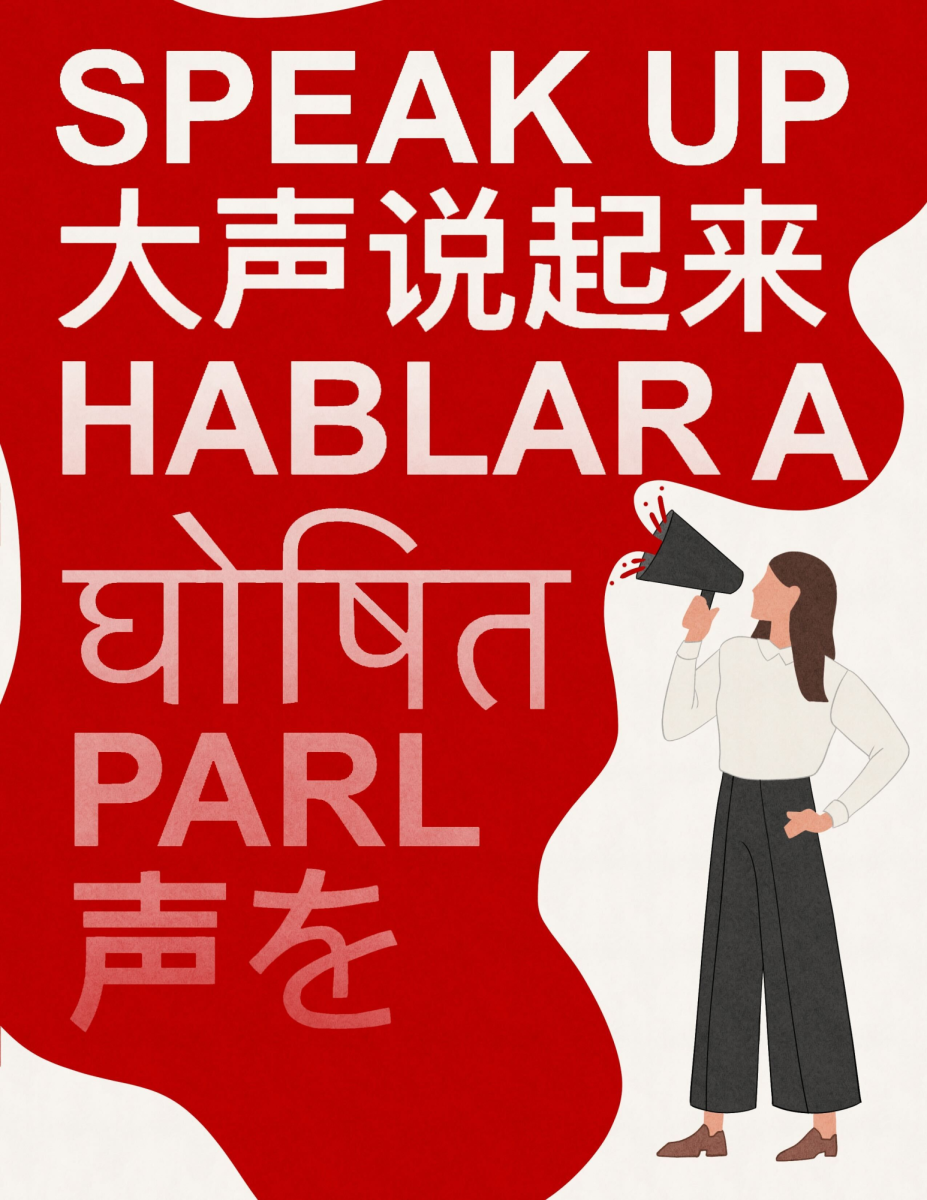My mom doesn’t like it when we say the C-word at home. She corrects me and my siblings when we say it out loud, and she restructures entire sentences to avoid saying something so crass — the C-word, of course, being cancer.
Ever since my mom was diagnosed with stage 2 breast cancer in October of 2024, she’s been on a mission to prevent it from taking over her life. Even during the months when she saw four doctors in a day and sat for hours at a time at the chemotherapy infusion center, she referred to cancer as merely her “challenge.” To say “cancer” out loud was to make the condition real, letting it take up space in her mind that could instead go toward recovery.
At the time, this frustrated the rest of my family because her refusal to say the word felt like a refusal to acknowledge its pervasive presence in all of our lives. How were we supposed to solve a problem we couldn’t even acknowledge existed?
Although we felt we could accommodate her wish within our family, we were more concerned that my mom was cutting herself off from potential support from us and her friends. Despite having an extremely strong network of support, we often fall victim to the unspoken rule in the Indian American community that any deviations from the norm — from illness to domestic violence to a transgender child — are handled within the family, maintaining a facade of composure. This results not only in forfeiting potential community support in even the most overwhelming situations, but also forces the family to take on the additional burden of constant pretense. The need for pretense is so pervasive that we found out that some of our closest friends had been through similar experiences with cancer only after my mom decided to tell them about her own story.

Still, there’s a fine line between asking for support and victimizing oneself. Sharing too much can be — rightfully — seen as a cop-out for taking ownership of our own situations by instead making others feel obligated to express sympathy and help us. Even setting cultural norms aside, privacy and professionalism often dictate that we shouldn’t pile this obligation on other people, especially without trying to handle the situation ourselves first.
Yet the entire point of having friends is to support each other, and there is a difference between communicating our needs and complaining about our situation. Rather than pretending we don’t have needs, we need to get more comfortable reaching out to the very people we’re supposed to feel comfortable being authentic with. On the flip side, we also need to be more inviting and normalize asking for help from friends rather than worrying about inconveniencing them. Part of this is realizing that small actions still matter — according to motivational speaker Simon Sinek, a phone call as short as eight minutes can be enough to help a friend through an emotional moment.
Reaching out, especially the first few times, isn’t easy, whether it involves letting go of pride or breaking cultural taboos. In building our support systems, each of us will have to progress at our own pace, but keeping the balance of how much to share in mind is crucial. As one of my mom’s friends puts it, refusing to tell our friends our needs is refusing to let them love us.
Ultimately, my mom’s closest friends played a crucial role in her recovery. A few days after her diagnosis, one came over and sat with her until midnight, helping her process and providing hope that, amid our own shock, the rest of our family couldn’t match. Others dropped off food or even just called for lighthearted conversations, and she still remembers every single one of them because it wasn’t the size of the contribution that mattered — it was their genuine care. And maybe one day, that will be enough for her to finally say the C-word.










